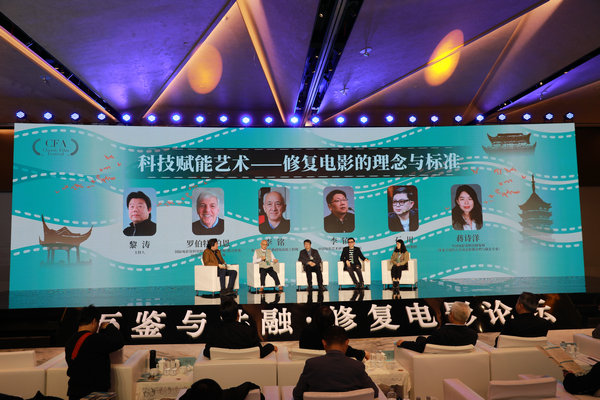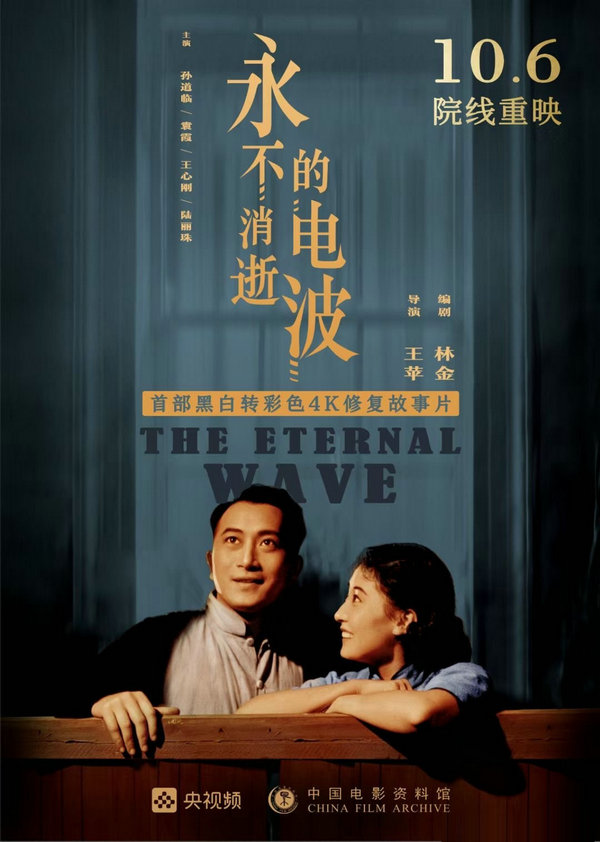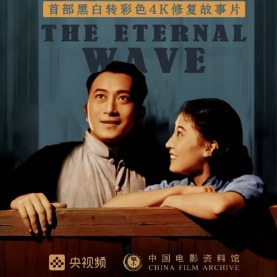Restoring classic films benefit all


Classic Film Festival, an annual event held to highlight the significance of restoring old movies, was recently held in Suzhou, East China's Jiangsu province on March 4.
Co-hosted by China Film Archive and Jiangsu Provincial Film Administration, the festival was opened by screening 4K restored footage of Su Yuan Liu Ji (Six Records of Suzhou Gardens), a documentary which was released in 1999.
The festival consisted of two forums, one focusing on the important role that restored classics play in cultural exchanges and the other on the technological innovation involved in restoring old movies.
Sha Dan, the curator of the Beijing International Film Festival, pointed out that the restoration of old films not only helps preserve cultural heritage, but can also be profitable, thus creating a sustainable recycling pattern that can boost the comparatively low-return restoration sector.

An example of this is The Eternal Wave, a 1958 espionage drama that was originally shot and released in black and white but was restored to a 4K version full of color in 2021. The film was re-screened across domestic theaters, grossing over 3 million yuan ($429,900) and serving as an inspirational example for old movie restoration.
Li Zhen, a researcher of China Film Art Research Center, suggested that restorers delve into the history of old movies, understanding the director's intentions and the circumstances surrounding the movie's production, as a crucial step to ensure that the restoration remains faithful to the original version.
Additionally, China Film Archive announced its plan to establish a branch in Suzhou, which will focus on the development of cultural products, the cultivation of talent and the organization of art film screenings.





































